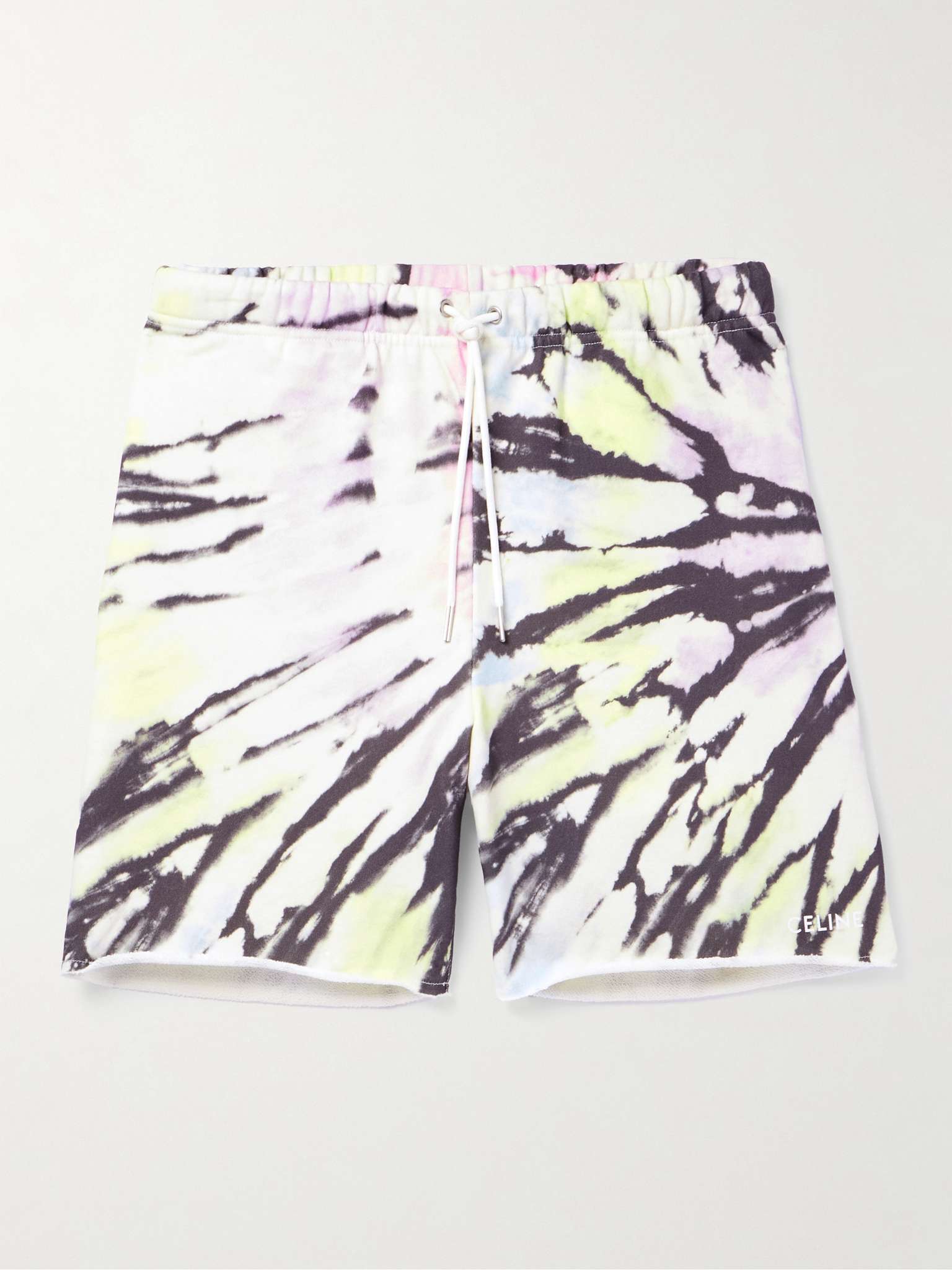I'd also do away with blazers and ties as school uniform too. Not fit for purpose in today's world.
Employers have become more lax with standards in recent years. A suit without a tie makes me feel ill. Why bother with a suit at all?
But many businesses still expect high standards of appearance, and many will require a uniform be worn. Getting children to learn to dress as theyre blummen well told is a good habit to learn, along with timekeeping, standards of behaviour, etc, or they're going to get a shock when they enter the workplace.
Prepare them for the strictest scenario theyre likely to encounter. Doing it the other way round and expecting them to magically form an instant willingess and habit to conform to a dress code is a tactic doomed to failure.
And then there's the somewhat bizarre but nevertheless well observed phenomenon of improved behaviour and academic performance in schools with a smart uniform policy (ie, proper shirt and tie, not polo shirts or sweat shirts.)
If people dress as if they mean to do seruous business they will subliminally strive to conform to that ideal, another odd but well observed phenomenon. That's why I roll my eyes at politicians that mincing about without a tie, with shirtsleeves rolled up, etc. How can we expect them to do serious business on our behalf when they don't even take it seriously enough to dress themselves properly?
Its an erosion of standards, and whatever the psychological driver behind it may possibly be there
is a correlation with standards of behaviour.
A smart appearance in (a suitable) workplace environment creates an immediate perception of competence, expertise, and credibility. Whether it's a doctor in a lab coat or a senior executive in their business attire, smart dress evokes a sense of authority and expertise, establishing trust between the wearer and those they serve. How do you expect young adults to adhere to that ideal if they never learned to dress smartly at school?



